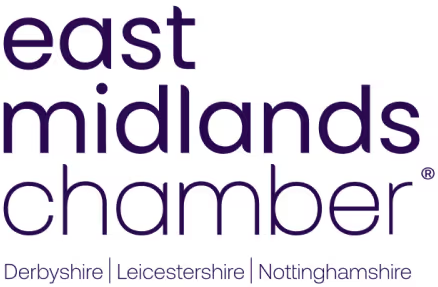What SMEs need to know about going 'off the record' with journalists
17
November
2023
•
2
min read

In recent weeks I’ve seen two professionals claim “nothing you say to a journalist is off the record”.
Each had a role requiring engagement with media. Neither was East Midlands based. I don’t agree with either of them.
To give them the benefit of the doubt, such conversations are an ethical grey area. Outcomes are dependent on the integrity of both source and journalist.
But their claim matters because it goes to the root of what journalism is about: trust.
Understanding off-record
Before delving into the ethics, it's important to understand what the term actually implies.
For journalists, the phrase ‘off the record’ carries significant meaning. It denotes confidential communication. It is a professional agreement.
McNae's Essential Law for Journalists (a copy of which will sit on the desk of any aspiring hack) contains a whole chapter on confidential sources.
Generally speaking, ‘off the record’ means that information is supplied to aid the journalist's contextual understanding.
Some industry commentators offer further clarification. While 'off the record' means the information cannot be used for publication, ‘not for attribution’ implies information can be published - but without identifying the source.
You only need to look how frequently ‘friends of Ministers’ are quoted in Sunday newspapers to see the latter in action.
Our monthly newsletter updates you on
• Small business PR tips
• Regional media updates
• Local innovation & funding
By signing up, you agreeing to receive email marketing communications from 1284.
Going off-record
There are potentially reputational, regulatory, and legal consequences for journalists managing such confidential conversations.
Off-record is an essential tool in the daily work of newsrooms - but should be handled with care by those without experience.
Perhaps the real issue is “How should you go off the record with journalists?”.
The key is mutual agreement and understanding between journalist and source about what 'off the record' means in their specific conversation.
Both McNae and non-profit US fact-checker Poynter recommend that a source ask a reporter first if something can be off the record. This gives the reporter the choice to agree or refuse.
Note - ask before conversation starts. This is where sources frequently go wrong.
An ethical dilemma
There’s a complex ethical debate as to when and why off-record confidences may be broken.
Suffice to say, the most ethical journalists balance their responsibility to inform the public with their duty to respect their sources' wishes for confidentiality.
I recall being inspired as a trainee reporter by a journalism lecturer who, in a former life as a crime correspondent, found himself on the verge of being sent to prison for his refusal to divulge to a judge the name of his confidential source in a public interest story.
'Off the record' conversations can be useful. Journalists are often shared into off-record confidences which never make it anywhere near print. However, off-record sometimes helps to balance editorial decision-making or prevent inaccuracy.
Journalists make ethical decisions all day, every day. Off-record can be a nuanced tool for people from all backgrounds to communicate with media.
Too nuanced to be reduced to a single cliche characterising a whole industry.
- This article first appeared in the October 2023 edition of East Midlands Chamber's Business Network magazine.












